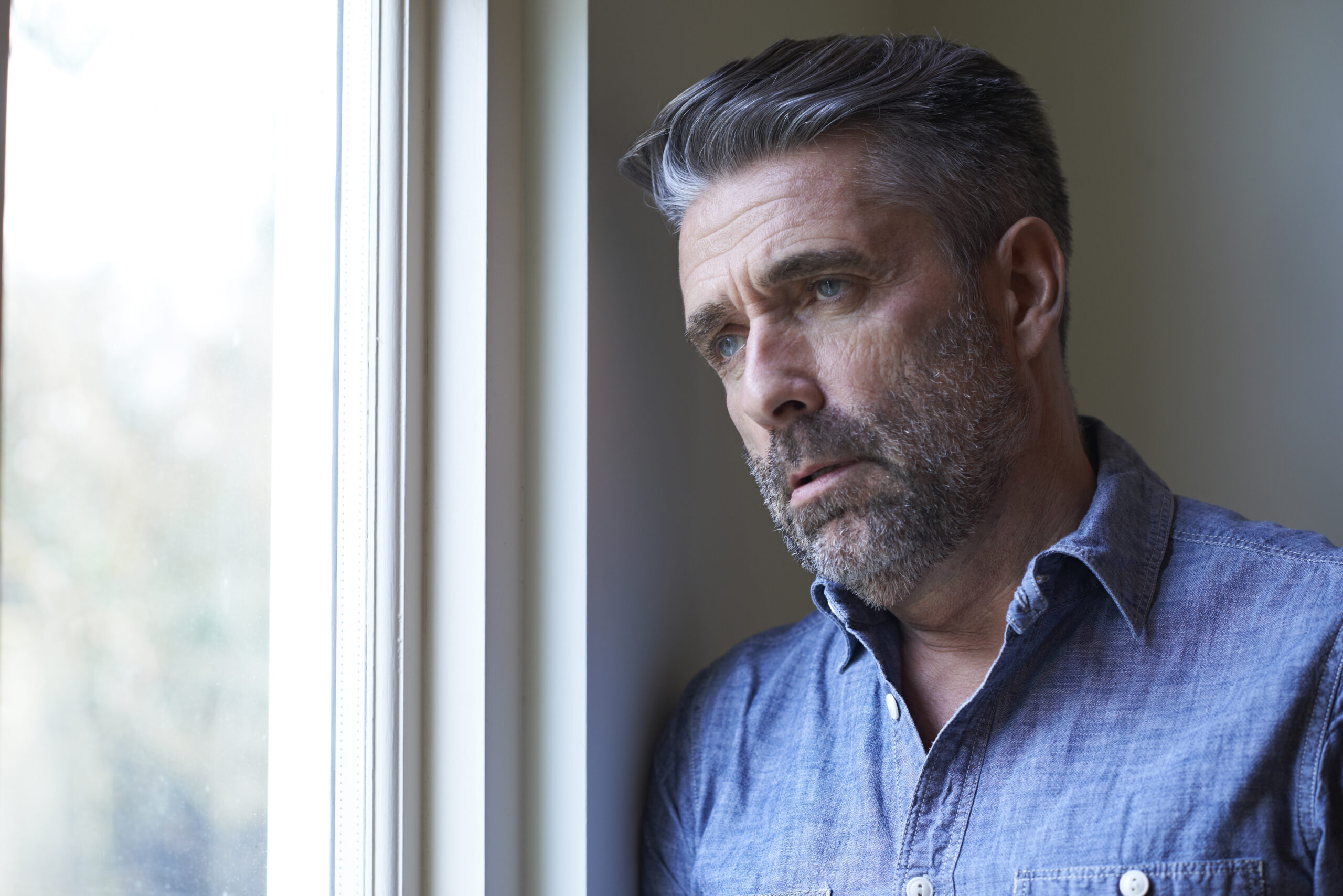
Identifying a Prescription Drug Addiction
While every medication has the potential for side effects, prescription drugs — most commonly, opioids, depressants, and stimulants — have a much higher potential for misuse, which can lead to addiction and in some tragic cases, death.
Prescription drug addiction is often overshadowed by its illegal counterparts, such as heroin, meth, cocaine, but it’s equally as important to be aware of the commonality and dangers of prescription drug addiction because it, too, has the potential to cause an overdose death.
Recognizing an addiction
Prescription drugs are assigned for a variety of reasons, including relieving chronic pain, anxiety and depression, as well as aiding in better sleep and assisting in treating certain disorders.
When obtained through the official prescription of a doctor and when used appropriately, these drugs can be beneficial to your health. Sometimes an addiction can occur, whether intentionally or accidentally — and we don’t always realize it.
Some of the key signs of a prescription drug addiction include:
- Mood swings related to the availability of the prescription
- Appearing intoxicated, hyperactive or lethargic
- Consistently taking higher doses than prescribed
- Drug-seeking behavior when the prescription has run out or is unavailable
And while it may seem like the addiction only impacts the person directly struggling with it, it affects those around you as well. Family and friends often experience increased conflict, negativity, emotional and physical distancing within a relationship, sometimes even financial strain when someone they love is struggling with an addiction.
Four important things you need to know about a prescription drug addiction.
1. Anyone can become addicted
There are different reasons that different people become addicted to prescription drugs, but the first thing to know is this is not restricted to a specific age or gender.
Some addictions begin by someone starting to take higher doses because they think it will help them lose weight, study more productively, have more fun, fit in with their peers and manage their pain better.
Teenagers, twenty-and thirty-somethings, middle-aged and elderly can all struggle with a prescription drug addiction, and it is equally as dangerous at all ages.
2. Prescriptions can be dangerous
Just because a drug is government-approved and doctor-assigned, doesn’t mean it cannot be dangerous. We can often develop a false sense of security with the drugs we are prescribed simply because they’re from our doctor; we can become lax in our usage, taking a little more here and there, using them for other reasons than why we were prescribed them.
While they are beneficial in the appropriate doses, we need to remember misusing them can be dangerous, and potentially even fatal. But if we respect the purpose of the drug, and use it for the reason we were prescribed it, with the specific doses, it can be beneficial for us.
3. Prescription addiction can be accidental
Countless people are assigned prescription drugs every year for a variety of reasons, all of which are legitimate — and sometimes, you can get addicted without even trying to.
Maybe one pill didn’t help you sleep as well as you thought it would; maybe your back was still hurting after you took the prescribed dosage; maybe you like the way it makes you feel.
If you think you may have accidentally developed a heavy reliance, an addiction, to a prescription drug, there’s no need to panic. Believe it or not, there is a large number of people who accidentally become addicted to prescription drugs; they’re very effective at what they do, sometimes too well.
But an addiction is not who you are; it’s a struggle you have, and one you can beat.
4. Recovery is possible for everyone
It can be tempting to indulge a pessimistic mindset when you’re struggling with a prescription addiction, whether it started intentionally or accidentally, but it doesn’t have to derail your life. Whatever cause is at the root of your struggle, you do not have to face healing alone.
Recovery can look a little different for everyone, depending on your background, how long you’ve been addicted, the type of drug being used, and the extremity of the addiction. For some, counseling will be enough; for others, they may need more extensive support, such as that which you would find in a rehabilitation center.
If you feel overwhelmed with where to start, reach out to the team here at Bluff. They are counselors trained in supporting and guiding people through struggles exactly like this, and they are here to help you.
Contact our team today.








